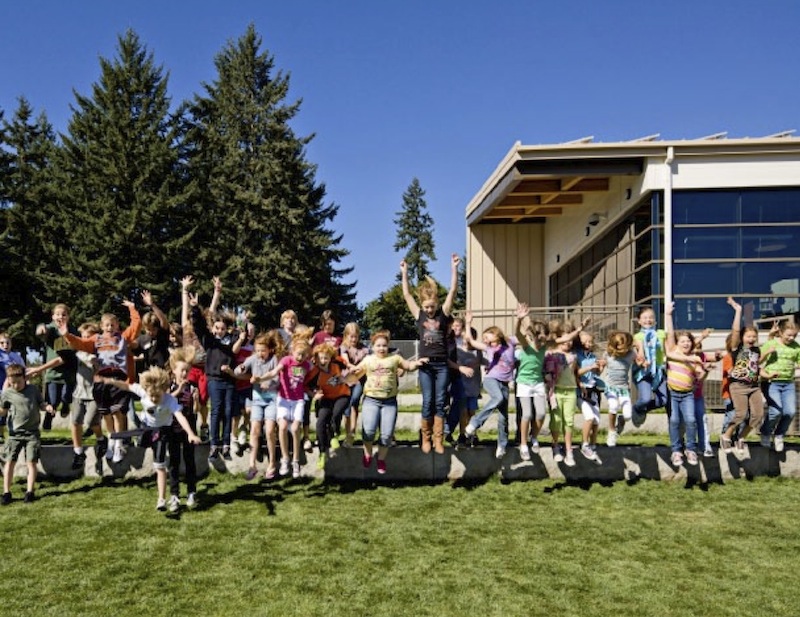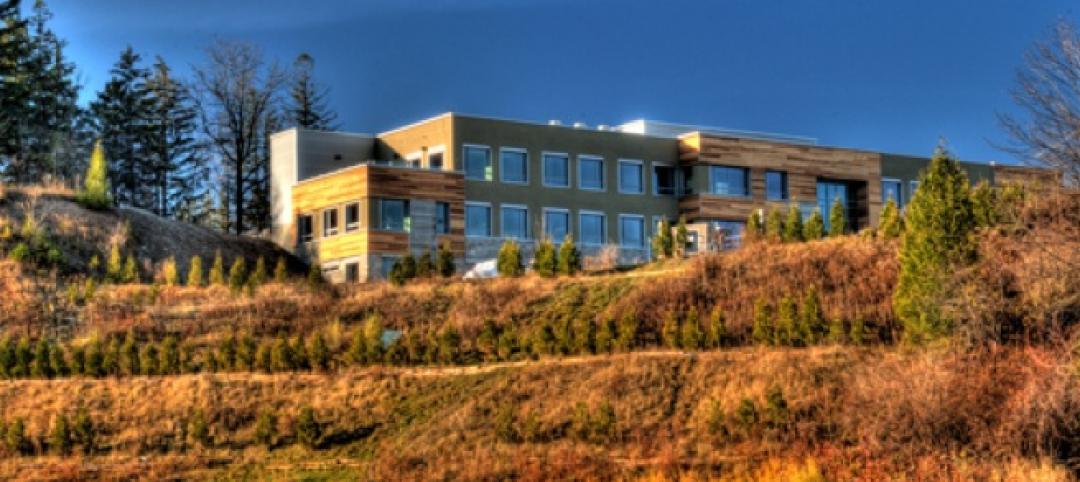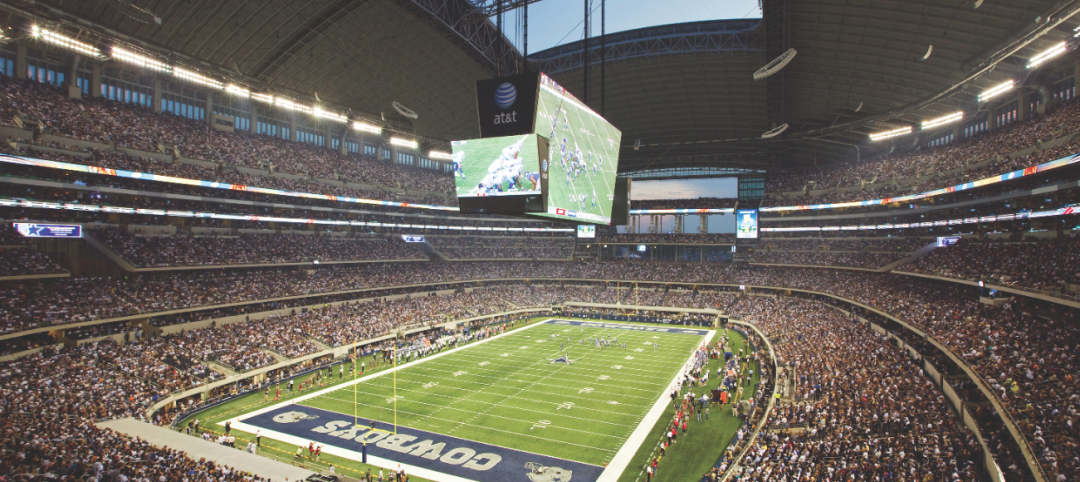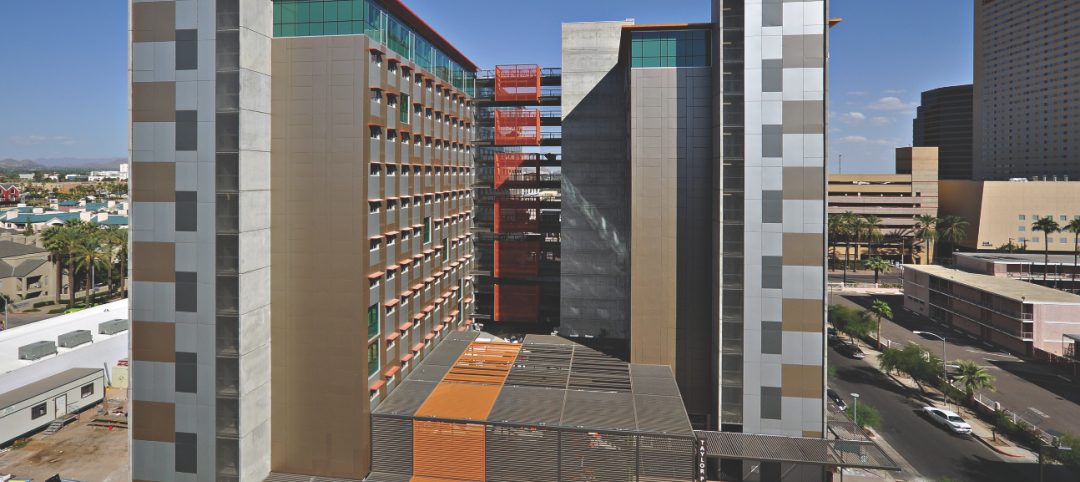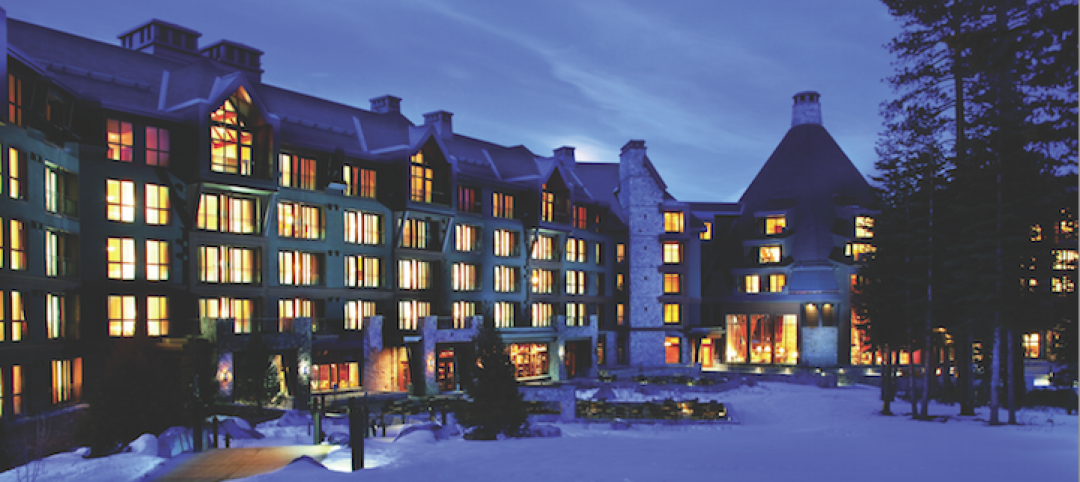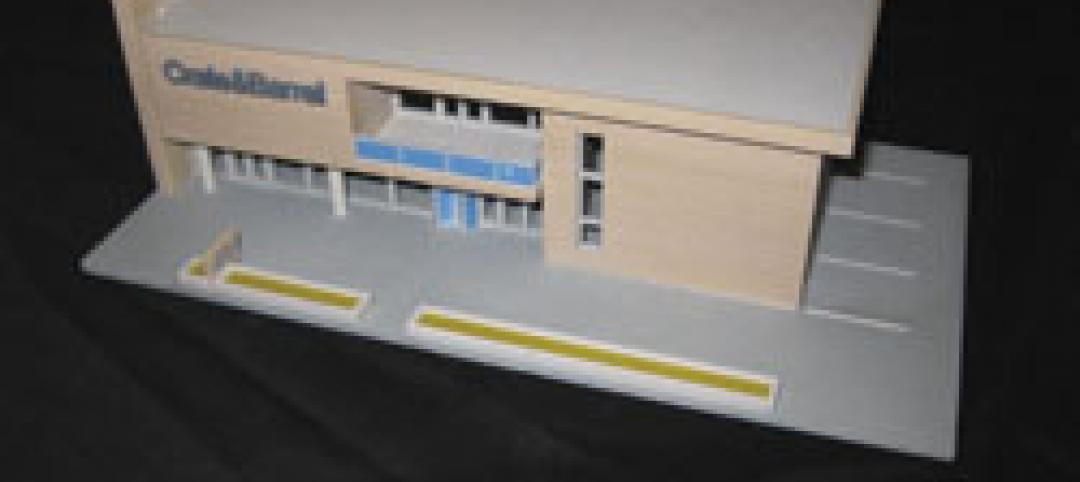DLR Group and the Institute for the Built Environment (IBE) at Colorado State University have collaborated on a research project to evaluate the effect of green school design on occupants and long-term building performance. IBE recently published the research report titled, "Linking Performance & Experience – An Analysis of Green Schools."
The findings show schools designed by DLR Group are more energy efficient, provide more space per student, and are constructed for less cost compared to regional averages for schools constructed during the same year. The overwhelming perception of school staff is that the learning environments within DLR Group green schools have a positive impact on health, achievement, and behavior.
“Design does not stop when the school opens," said DLR Group Senior Principal Jim French, AIA, who leads the firm’s K-12 practice. "The design process must include coming back to a project to measure building performance. If both the tangible metrics of energy efficiency and the intangible metrics of student and occupant satisfaction are not being evaluated, then as design professionals we are not truly meeting the needs of our K-12 clients and the communities they serve.”
The IBE researched 12 schools in eight states offering preschool through 8th grade instruction. IBE evaluated P-8 schools because these facilities offer a more controlled and consistent operational environment for study. For the purposes of the study, the schools in the research sample were third party certified or align with criteria for certification as sustainable buildings, and were in operation for at least 12 months.
The key findings include:
- A motivator to improve student health was only mentioned by a handful of respondents. However, when asked specifically about student health, 87% of respondents reported that they perceived a positive impact on student health, with most respondents specifically describing the positive impact of daylighting.
- 85% of respondents reported that their health and productivity were positively affected by the building.
- 71% of respondents perceived that the building has a positive effect on student achievement
- 71% perceived a positive effect on student behavior. For those that who did not share this perspective, many stated that it is very hard for them to identify the effect because of the many other variables which influence student achievement and behavior.
- Green building practices did not necessarily result in higher first costs. Out of the 10 sites in this sample, six were built for below the regional median cost for schools built in the same year, while four were built for costs greater than the regional median.
- The sample mean Energy Star score was 81, which indicates that the buildings are operating in the top 19th percentile. Nine out of the eleven building evaluated for Energy Star have a score over 75 and would receive the Energy Star award.
- Eight schools are operating at or better than the 2030 Challenge 50% reduction target. In addition, by organizing the schools by the year constructed, it is clear that over time the buildings' design has become increasingly more efficient.
Download the DLR Group/CSU high-performance schools study (PDF).
Related Stories
| Sep 13, 2010
World's busiest land port also to be its greenest
A larger, more efficient, and supergreen border crossing facility is planned for the San Ysidro (Calif.) Port of Entry to better handle the more than 100,000 people who cross the U.S.-Mexico border there each day.
| Sep 13, 2010
Triple-LEED for Engineering Firm's HQ
With more than 250 LEED projects in the works, Enermodal Engineering is Canada's most prolific green building consulting firm. In 2007, with the firm outgrowing its home office in Kitchener, Ont., the decision was made go all out with a new green building. The goal: triple Platinum for New Construction, Commercial Interiors, and Existing Buildings: O&M.
| Sep 13, 2010
Stadium Scores Big with Cowboys' Fans
Jerry Jones, controversial billionaire owner of the Dallas Cowboys, wanted the team's new stadium in Arlington, Texas, to really amp up the fan experience. The organization spent $1.2 billion building a massive three-million-sf arena that seats 80,000 (with room for another 20,000) and has more than 300 private suites, some at field level-a first for an NFL stadium.
| Sep 13, 2010
'A Model for the Entire Industry'
How a university and its Building Team forged a relationship with 'the toughest building authority in the country' to bring a replacement hospital in early and under budget.
| Sep 13, 2010
Committed to the Core
How a forward-looking city government, a growth-minded university, a developer with vision, and a determined Building Team are breathing life into downtown Phoenix.
| Sep 13, 2010
Conquering a Mountain of Construction Challenges
Brutal winter weather, shortages of materials, escalating costs, occasional visits from the local bear population-all these were joys this Building Team experienced working a new resort high up in the Sierra Nevada.
| Sep 13, 2010
Data Centers Keeping Energy, Security in Check
Power consumption for data centers doubled from 2000 and 2006, and it is anticipated to double again by 2011, making these mission-critical facilities the nation's largest commercial user of electric power. With major technology companies investing heavily in new data centers, it's no wonder Building Teams see these mission-critical facilities as a golden opportunity, and why they are working hard to keep energy costs at data centers in check.
| Sep 13, 2010
3D Prototyping Goes Low-cost
Today’s less costly 3D color printers are attracting the attention of AEC firms looking to rapidly prototype designs and communicate design intent to clients.
| Aug 11, 2010
Cubellis principals reorganize as CI design
Former principals of Cubellis Inc. have formed ci design "with a stellar group of projects in the United States and internationally," states John Larsen who, with Richard Rankin and Christopher Ladd, is leading the architecture and planning firm.
| Aug 11, 2010
Leo A Daly changes name of STH, completes acquisition
LEO A DALY has changed the name of STH Architectural Group to the name of its parent company, Leo A Daly. STH was acquired in February 2009 as a strategic move to accelerate growth in its core business sectors and to strengthen the firm's presence in the Florida market.


